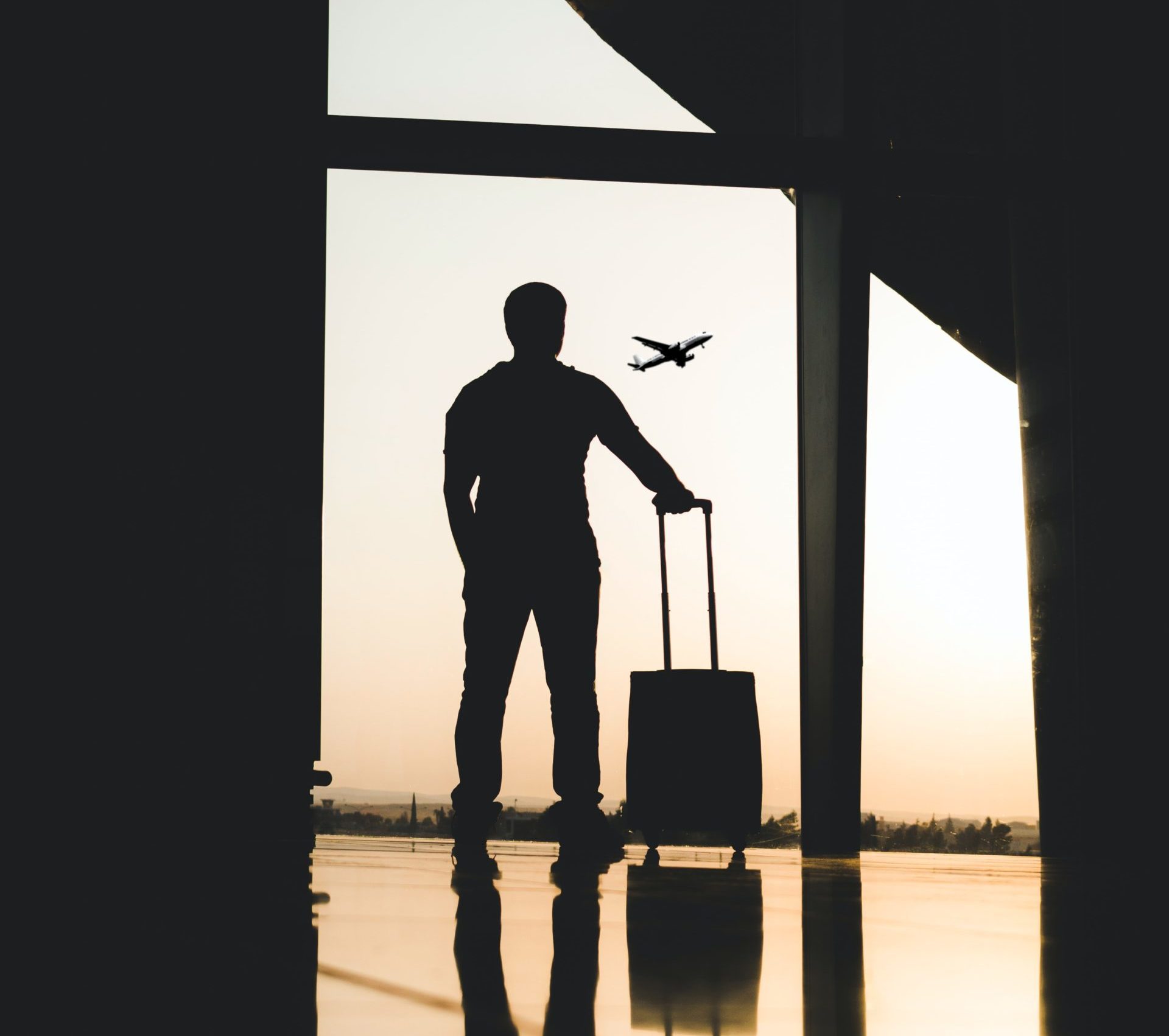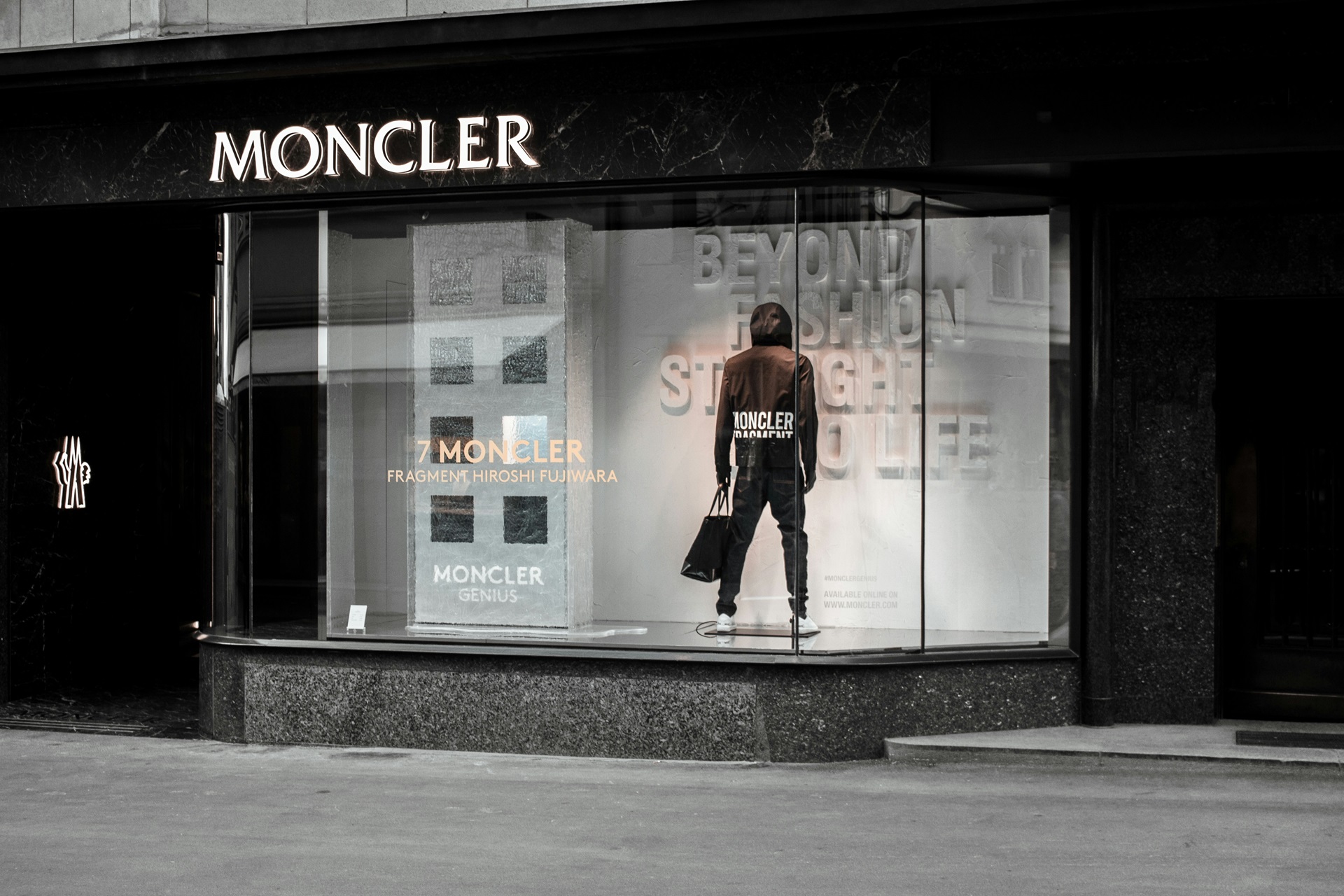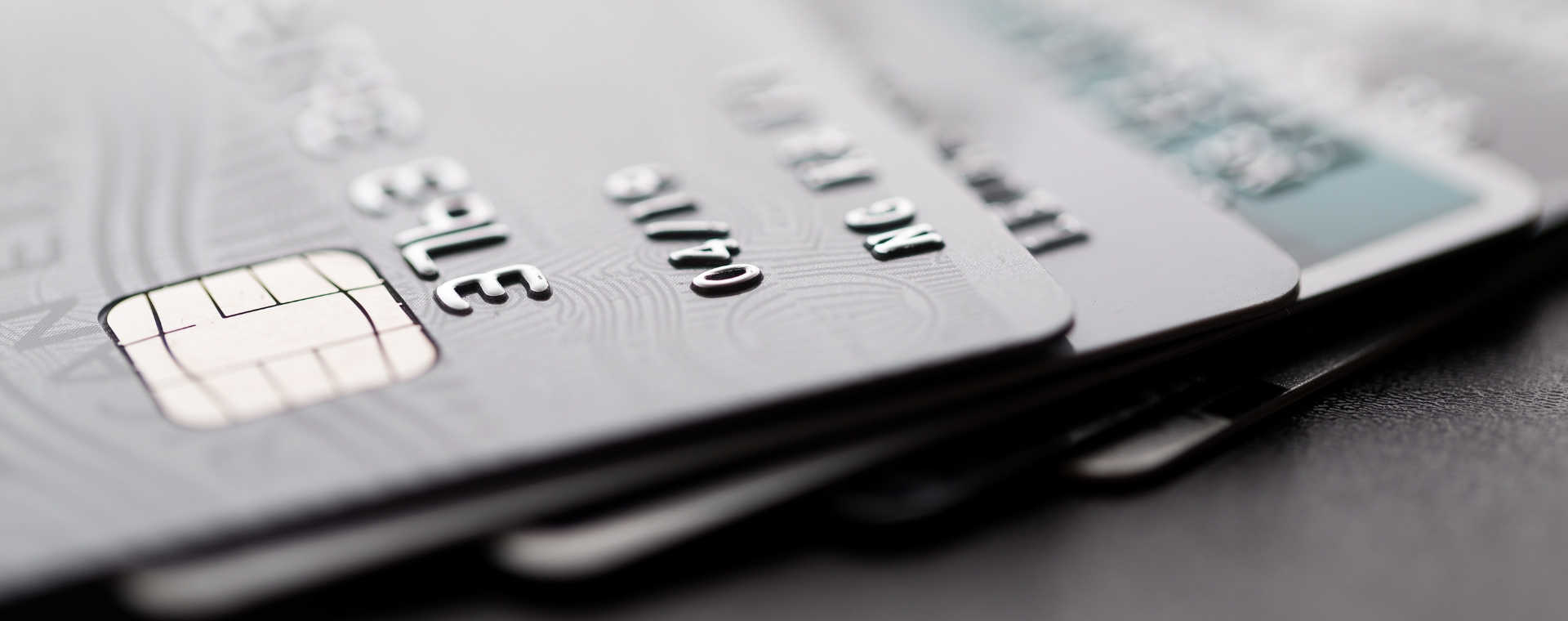
We might be suffering from wanderlust following multiple lockdowns, but brand love for airline and package holiday brands is in short supply.
Partly, this is due to an ‘out of sight, out of mind’ mentality – with greater levels of brand love directed into more active online retail and entertainment brands.
However, with the travel industry now on the starting grid of a long road to post pandemic recovery, the sector would be wise to consider more granular reasons why consumers still dream of travelling to far-flung places, but mentally prepare themselves for the nightmare often associated with getting them there.
Travellers have fallen out of love with a majority of airlines due to their perceived ‘take take take’ attitude.
Insights from our recent BrandVue Most Loved Brands 2021 report suggest that somewhere along the way, travel brands stopped championing the customer and began putting profits before people.
Whether it was British Airways’ decision to start charging for food on all short haul economy flights in 2017, or Ryanair’s ultra-low-cost carrier model where every added service comes as an additional cost, travellers have fallen out of love with a majority of airlines due to their perceived ‘take take take’ attitude.
Travel is a stressful customer journey and the chasm between loved brands, which set out to remove as many barriers as possible, and unloved brands that appear happy to add to traveller stress, is widening.
Those travel brands that do attract enhanced levels of customer sentiment are either digital-first, driven by peer-to-peer recommendations or offer enhanced levels of personalisation.
Or they’re aspirational and therefore haven’t become diluted by the weary traveller experience of using them on a regular basis.
London luxury hotels such as the Savoy or airlines such as Emirates, flying passengers first-class to ‘bucket-list’ destinations, score highly for brand love either as ‘perceived dream scenarios’ or ‘once-in-a-lifetime’ brand experiences.
Digital-first brands such as TripAdvisor are seen as being on the customer’s side, helping to remove potential journey pain points with trusted peer-to-peer reviews, unique recommendations and value added deals.
Budget hotel brands such as Travelodge, Premier Inn and Holiday Inn score much better than their budget airline counterparts because they’re trusted, reliable and won’t charge extra if you check-in with additional luggage.
For consumers to fall back in love with the full range of brands that facilitate their passion for travel, technology driven personalisation will be key for the future.
Those brands that use traveller data to successfully remove barriers to seamless bookings, journeys, check-ins and ‘on-the-go’ experiences will reap heartfelt rewards.
To download The Top 100 Most Loved Brands 2021 report, click here.





